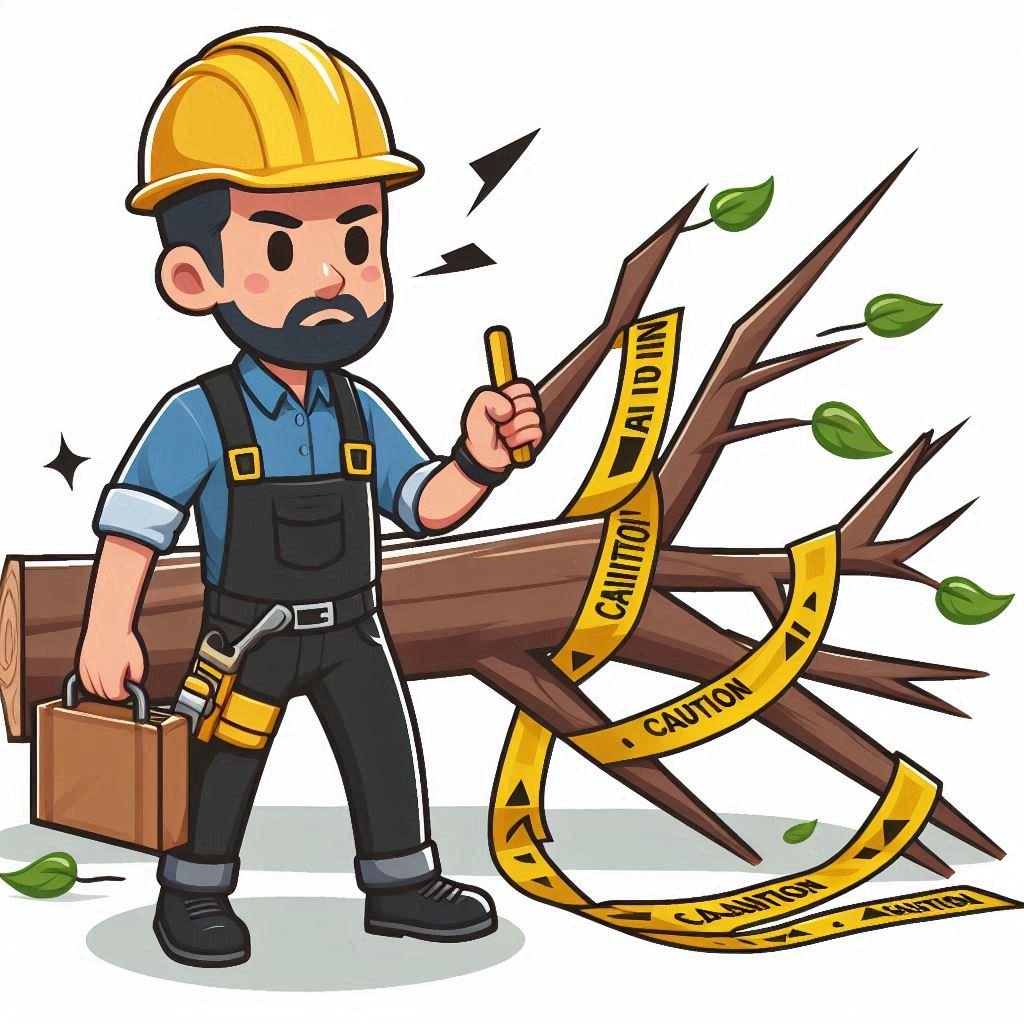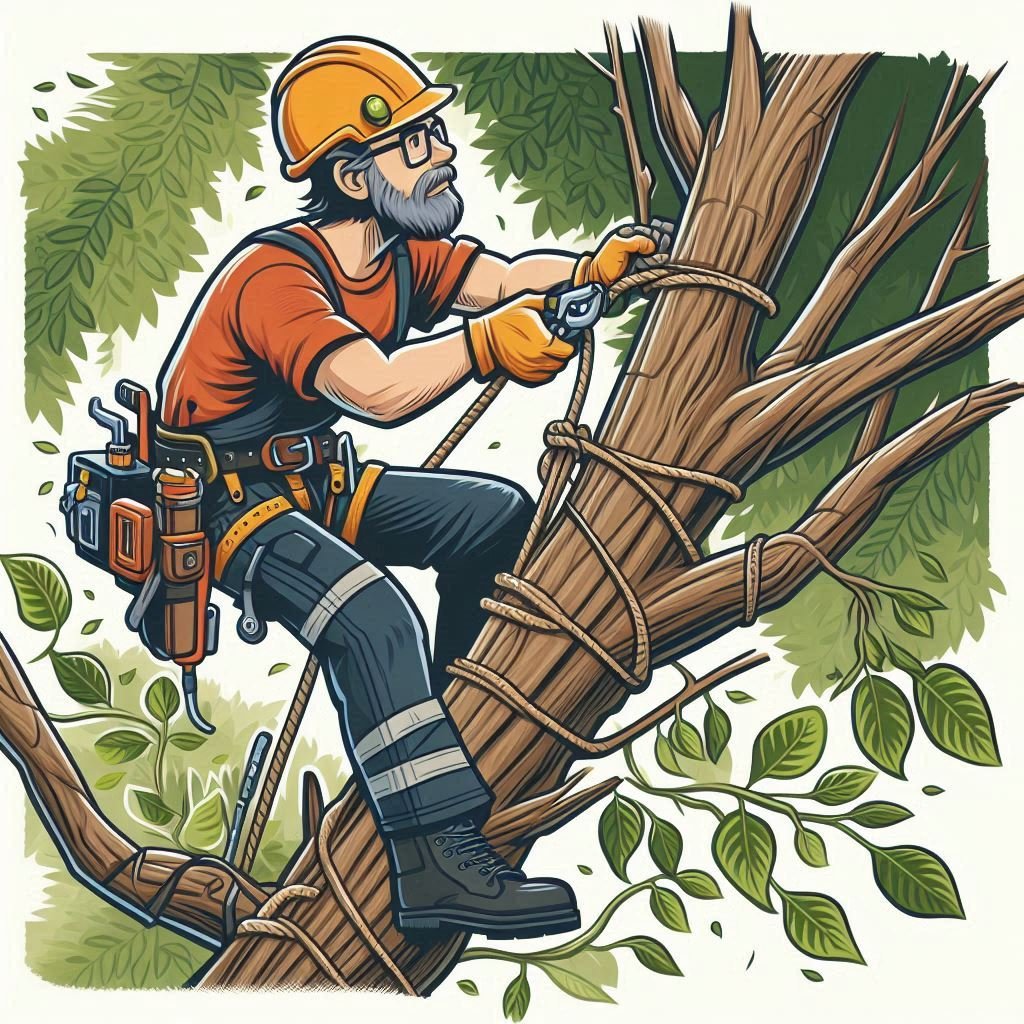Preventing Sudden Branch Drop: A Homeowner’s Guide
Understanding Sudden Branch Drop Syndrome
Moving on from yesterdays article, Sudden Branch Drop Syndrome (SBDS) is a phenomenon where seemingly healthy trees suddenly shed large branches, especially during the summer months. While SBDS can be alarming, it is less common than many people think. With proper care and attention, the risks associated with SBDS can be effectively managed.
The Role of a Consulting Arborist
A Consulting Arborist is a professional with the expertise to assess tree health and provide recommendations for care and maintenance. They are instrumental in preventing SBDS by:
Assessing Tree Health
Tree Inspection: Arborists conduct thorough inspections to check for signs of stress, disease, or structural weakness.
Soil Analysis: They analyse soil conditions to ensure trees receive adequate nutrients and have proper drainage.
Maintenance Recommendations
Pruning: Selective pruning by an arborist can reduce the weight and wind resistance of branches, decreasing the likelihood of SBDS.
Watering: Arborists advise on proper watering techniques to prevent drought stress, which can contribute to SBDS.
Long-Term Tree Care
Tree Selection: Consulting Arborists can guide homeowners in selecting tree species less prone to SBDS.
Planting Location: They help determine optimal planting locations to reduce environmental stress on trees.
Preventative Measures for Homeowners
Homeowners can take several steps to minimise the risk of SBDS:
Regular Tree Maintenance
Pruning: Homeowners should have their trees professionally pruned every 2-3 years.
Watering: During dry periods, deep watering can help alleviate drought stress.
Monitoring Tree Health
Visual Checks: Regularly inspect trees for signs of distress, such as cracks or dead branches.
Professional Assessments: Have a Consulting Arborist assess your trees at least once every few years.
Creating a Safe Environment
Clearance: Ensure there is adequate clearance around trees to minimise damage if a branch does drop.
Awareness: Be aware of the potential for SBDS and take precautions during high-risk weather conditions.
Conclusion
Sudden Branch Drop Syndrome may seem daunting, but it is a manageable condition. Homeowners, with the help of a Consulting Arborist, can take proactive steps to ensure their trees are healthy and less susceptible to SBDS. By understanding the syndrome and implementing preventative measures, the safety of your property and the longevity of your trees can be secured.
I hope this updated article provides a clearer understanding of SBDS and its management. If you have any more questions or need further assistance, We’re here to help! 🌳


